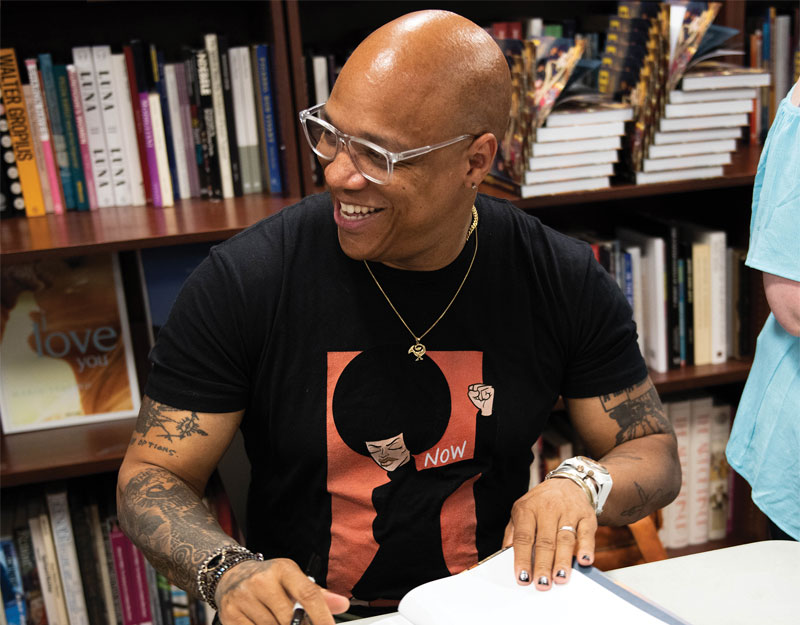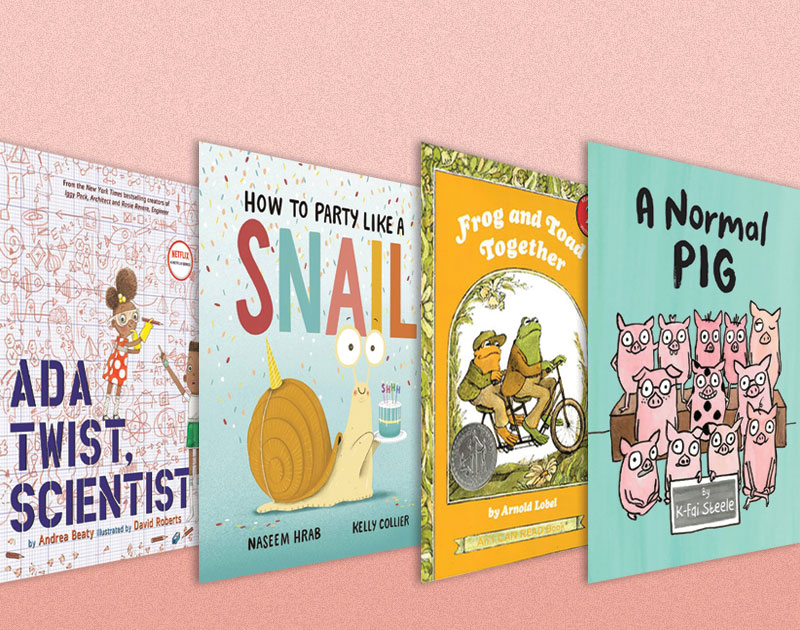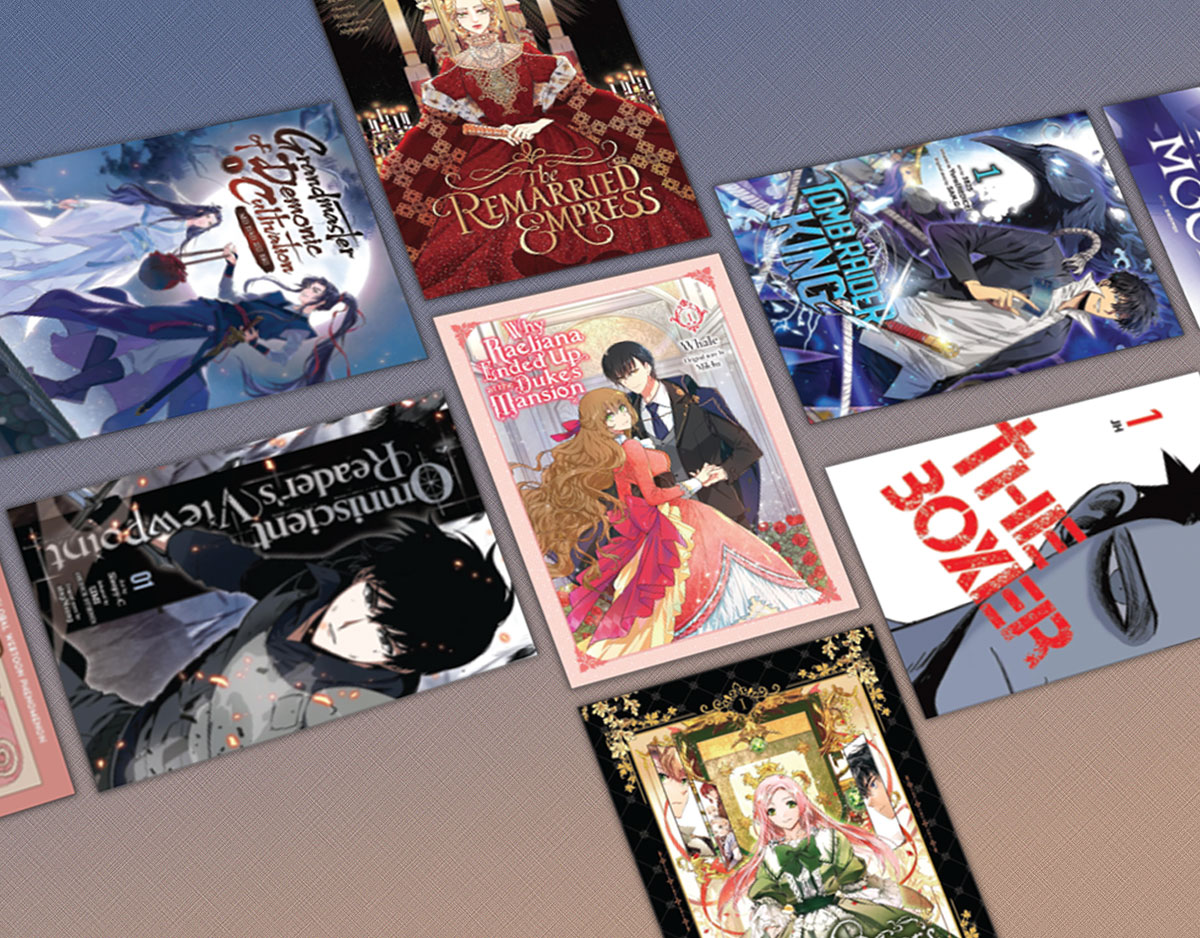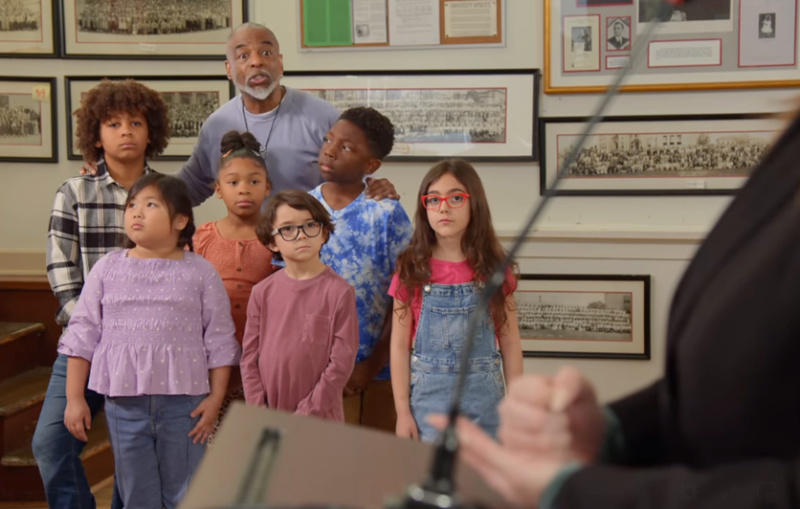Review of the Day: Ghost Hawk by Susan Cooper
 Ghost Hawk
Ghost Hawk
By Susan Cooper
McElderry Books (an imprint of Simon & Schuster)
$16.99
ISBN: 978-1-4424-8141-1
Ages 9-12
On shelves now
How do we best honor our literary heroes? Particularly those who not only live but continue to produce works of fiction within our lifetimes. Like whole swaths of women and men my age, I grew up on Susan Cooper’s The Dark is Rising series when I was a child. And while I may not have understood everything the books were doing at the time, I liked them sincerely. Admittedly my maturity level made me a bigger sucker for her Boggart series, which was light and fluffy and lovely. When I grew up and became a children’s librarian I dutifully read books of hers like Victory which I enjoyed (and I reread those Dark Is Rising titles to actually get them this time around). All this is to say that I was always a fan. But as a fan, I don’t feel particularly inclined to coddle my heroes. The respect and, yes, awe that I feel for them should never blind me to the quality of their writings, even as they grow older. And while there is nothing about Ghost Hawk, the latest book by Ms. Cooper, that suggests that she is working in anything but her prime, I can say with certainty that if I had read it without knowing the author’s name I would have called you a dirty liar had you told me its true creator. A mismanaged, ultimately confusing work of historical fiction, this is a well-intentioned piece that suffers at the hands of an otherwise great author.
Little Hawk, member of the Pokanoket tribe of the Wampanoag Nation, is on the cusp of becoming a man. With only a bow and arrows and his own tomahawk, he sets out to survive the cold winter chill for three moons on his own. This he does after much trial and error, only to return to find his tribe felled by disease. After moving to a new tribe he experiences increased interactions with white settlers, and through them begins to befriend a boy by the name of John. When tragedy strikes, Little Hawk is there to guide John and help him learn unfamiliar ways.
ADVERTISEMENT
ADVERTISEMENT
Let me say right now that this is a spoilery review. A review so chock full of spoilers that should you wade in, even up to your ankles, you will soon find yourself facing huge discussions of the end of this book and the surprising plot points. I play fair. I warn you. But if you’re looking to read this book and you wish to remain shocked by its structural intricacies (such as they are) read no further.
To be clear, mine is not the first voice of dissent on this title. As it happens Ghost Hawk was a subject of much contention even before it was even published. Debbie Reese is tribally enrolled at Nambe Pueblo in northern New Mexico and currently works as an assistant professor in American Indian Studies at the University of Illinois at Urbana-Champaign. Ms. Reese raised a great many concerns with the text, and her point of view has been examined and argued and contested ever since. Now I will confess to you that this is not my own area of expertise. The likelihood of one name being used over another, or the ways in which someone actually goes about creating a tomahawk are unknown to me. This may be a debate that rages for some time, and I’ve no doubt that it shall. That said, I had my very own personal problems with Cooper’s text. Problems that had less to do with customs like when one gives tobacco to another, and more with the broader scope of the book itself. Take, for example, the Pokanoket tribe of the Wampanoag Nation. I wouldn’t go so far as to call them humorless, but Cooper imbues them with a stately majesty best suited to totems or symbols rather than people. Where is their humor? Where is their humanity? They live and die as representations, not humans. When Little Hawk returns to his village, you feel mildly bad for him but hardly crushed. You didn’t know these people, not really. They didn’t feel enough like people to you. So where’s the outrage? Where’s the anger?
Then there’s the fact that in his ghost form (more on that in a second), Little Hawk is capable of seeing the past and the present but not the future. This awfully convenient narrative technique is unworthy of an author of Cooper’s skill. It is a clunky choice. A more elegant method of introducing information that Little Hawk would not otherwise have would have been welcome. As it is, we’re stuck with an amusingly semi-omnipotent narrator.
These have been my problems with the book, certainly. But if we take another step back and simply look at the plot of the book in its roughest form, problems are immediately apparent. Here, then, is the plot. A Wampanoag boy named Little Hawk grows up and undergoes a trial to prove that he is a man. When he returns he finds his village dead. He grows up. He is killed (thus ends the first part of this book). He then is seen in ghost form by a white child settler named John. John learns the Algonquin language and customs through his friendship with Little Hawk’s ghost. At this point the reader is going to start wondering how John will use this knowledge. Will he be a bridge between communities? Will he use his valuable skills to solve problems no one else can?
Nope. He’ll grow up and be killed by a different Native American. Good night, everybody!!
ADVERTISEMENT
ADVERTISEMENT
I don’t think I’m the only one who read that passage in the book where John dies and came to the unavoidable conclusion that this book didn’t have much in a way of a point. Under normal circumstances, when a character acquires knowledge after a long period of time (not to mention a deeper understanding of another culture) they use it later in the story to the benefit of others. One could argue that John does use the knowledge when he saves Metacom from certain death, but this is not the case. John grabs the child and then is able to communicate with the parents later, but no real outcome is derived from this. Well, then maybe Cooper’s point is that there is no point. Maybe history is just a series of unfortunate events without rhyme or reason. Could be. But why even bother to take the time to build this friendship between a boy and a ghost if you’re just going to throw it away later? I cannot for the life of me figure out what Cooper was doing with this story.
Which brings us to the very end of the book. The moment when Susan Cooper herself decides to walk onto the page. We know from her Author’s Note that Ms. Cooper “built a house on Little Hawk’s island” seven years ago or so. This act served as one of the impetuses for writing this book in the first place. Lots of authors have found similar fonts of inspiration in their adopted homes. What they do not usually do is put themselves into the books as the ultimate Deus Ex Machina. In the case of “Ghost Hawk”, Ms. Cooper introduces Little Hawk to Rachel. She is “a woman, in her middle years. She has dark eyes and hair, and her name is Rachel. She is a painter. She appears to live alone.” Rachel’s purpose in this story is to free Little Hawk from his imprisonment. It is she that figures out what John and Little Hawk himself could not. She solves the mystery of his existence, he goes free, and that’s the end of the book. Above and beyond whether or not it’s kosher to end a book with a white woman swooping in to save the day one has to assume it’s a bit odd when the author places such a clear cut stand-in for themselves on the page. Again, the appearance of Rachel is clunky. I keep using that word but no other fits quite as well. It disrupts the book without need or reason.
Now here’s the kicker. For all that I moan and groan and rend my garments, you never once forget that Cooper is a great author. She knows how to construct a tale. Maybe a bit of judicious editing would not have been out of place (clocking in at 336 pages the removal of 50 or so could only have been to the good) but you’re never in doubt of the fact that the woman knows how to write. Amusingly, I’ve just gone back to my own dog-eared copy to find that I even highlighted some passages. One was a rather interesting description of how the wars with Spain ate up all the trees in England thanks to the efforts of the shipyards. It’s a fun moment, but then it’s a moment when we’ve returned to Cooper’s native land. Moreover, as I read through the book I noticed that the audience it really seems to be aimed towards is adults. Our hero Little Hawk spends very little time young. John himself grows with prodigious speed and then is a grown man seeking his way in the world. Are there many enticements for kids in this story? I think not.
There will be, I just know, a child out there assigned this book to read for school. The teacher will gaze with respect upon the author’s name and the words “Newbery Award-Winning Author of the Dark Is Rising” embedded on the book’s front cover. They may even seek out the reviews that praise it highly. PW called it “well-researched and elegant”, while Booklist gave it a star and said, “this is simply an unforgettable reading experience.” No argument there, but I think we differ slightly on what we deem “unforgettable”. Even Horn Book itself praised it to the skies with the words “powerful” and “memorable”. And so they shall assign this book to their fourth or fifth or sixth graders and it will become a book of required reading for many summers to come. The kids could read instead the expertly penned The Birchbark House by Louise Erdrich. They could delve into Helen Frost’s Salt: A Story of Friendship in a Time of War or Tim Tingle’s How I Became A Ghost or Rosanne Parry’s Written in Stone. But no. They will be assigned this and they will reach the ending saying precisely what I myself said: What precisely is the point? The point, it would seem, is that even a strong and talented writer who knows how to make a truly beautiful sentence does, occasionally, fall flat. This is not Cooper’s best effort. It is not even in her top ten. It is, however, historical American history. We’ll just have to agree to disagree on whether or not that trumps its other problems.
Other Reviews:
Other Critiques:
- American Indians in Children’s Literature (Part One)
- American Indians in Children’s Literature (Part Two)
Filed under: Reviews
About Betsy Bird
Betsy Bird is currently the Collection Development Manager of the Evanston Public Library system and a former Materials Specialist for New York Public Library. She has served on Newbery, written for Horn Book, and has done other lovely little things that she'd love to tell you about but that she's sure you'd find more interesting to hear of in person. Her opinions are her own and do not reflect those of EPL, SLJ, or any of the other acronyms you might be able to name. Follow her on Twitter: @fuseeight.
ADVERTISEMENT
ADVERTISEMENT
SLJ Blog Network
2024 Books from Pura Belpré Winners
Winnie-The-Pooh | Review
Parsing Religion in Public Schools
Crafting the Audacity, One Work at a Time, a guest post by author Brittany N. Williams
ADVERTISEMENT








I have to disagree with you, Betsy. It seems to me that this book is taking a terrible beating and picking-apart and that people are saying, “Oh, of course, it’s fabulously written–” as if that were nothing; as if it were easy to write a fabulously written book. It isn’t. Moreover, I think the book has strengths beyond its beautifully cadenced sentences.
I thought the early wilderness chapters were gripping and finely detailed and beautiful. When Little Hawk returned to find his village wiped out, I was horrified. The ensuing story of the increasingly hostile relationships between the Wampanoags and the settlers frustrated me–because the way people screw things up IS frustrating; it’s complex and harrowing to watch. While Cooper is clearly more sympathetic to the Wampanoags (and how could you help it?) she also delineates how harsh the times were for everyone. Life was hard. People were narrow-minded, distrustful, and suspicious of one another, not because it was fun to be those things, but because it was damned difficult to be otherwise.
I thought the book was written with a big mind; I felt throughout that I was in the hands of a writer who was truly thoughtful and serious (as opposed to self-righteous, commercially didactic, or manipulative). I believed in the story; I could visualize and feel the actions and emotions of the characters. And I’m not convinced that the book won’t work for children. I agree with you that the ending was a surprise; it wasn’t what I was expecting, and so I had trouble integrating it into my sense of the narrative. But children may find Little Hawk’s passage into a different world concrete and satisfying. I’d like to try this out on readers of MY SIDE OF THE MOUNTAIN and THE WITCH OF BLACKBIRD POND.
Well, it’s certainly written well but I don’t think I’d pull out the $100 word “fabulous” to describe it. I didn’t really go into it, but it was a bit of a slog to get through. I didn’t bring it up since I suspect this marks the reemergence of 12-year-old me skimming through the Welsh language sections of The Grey King all over again. That said, I sort of had to wade through it up to my waist, striving forward with the knowledge that it had to be going somewhere. When, in fact, it turned out that the book was NOT going somewhere after all, I was less than entirely pleased.
And I would certainly agree that the book is not didactic, self-righteous, or manipulative but perhaps a little sprinkle of one of those wouldn’t have hurt. They certainly would have done wonders for making it more interesting. But I see that many people have fallen head over heels for it. Clearly it is loved. Just not by me.
…yeah, this one has been nominated for the Cybils, and I’ve read Debbie’s words about it, and am feeling dread. This makes the dread bigger.
You make a good point about how we treat our literary heroes. We indulge them. Respect, awe, and “take-off-your-shoes-holy-ground” feelings sometimes mean less than incisive editing. And, then the kids get a confusing, messy, expiatory book assigned to them that they shouldn’t have to read. Ugh.
Very interesting. I’m hearing Cooper talk about this book on Friday so it will be very interesting to hear what she has to say in light of this. I wonder how different the reception of this novel will be here in the UK as compared to the US.
Oh, how interesting! I did see the British cover recently (which doesn’t differ all that much from the American). Do let us know what the reactions are. Certainly I would assume that the UK would be less inclined to delve into the historical details, so I’m interested in how they address her storytelling.
Will do.
Betsy, taking your first paragraph and your last together, i can’t tell if you’re accusing Horn Book and PW and Booklist of coddling Susan Cooper or indulging in cultural imperialism or both. But to blame our reviews for forcing American schoolchildren to read something we apparently liked better than you did seems like a reach.
Oh hells bells. I’m not saying that in the least. I am saying that if a person looks at the professional reviews they will think this a perfectly a-okay book to teach their schoolchildren. I personally do not much care for it, but I hoped that by mentioning the other reviews out there that I could show (without having to go so far as to say it) that mine was clearly an opinion not universally shared. I would sooner eat a shoe than imagine that you were “indulging” Ms. Cooper.
Hi Roger,
How do you define cultural imperialism? I’m not being snarky. I think it would be a worthwhile discussion for SLJ readers to have the opportunity to think about things like cultural imperialism and how they do or do not apply to literature and education.
Debbie, in terms of children’s books, I would define cultural imperialism as valuing non-dominant cultures only insofar as they can serve the dominant one. As you have pointed out, this often happens in books by white people about American Indians. Whether that happens in GHOST HAWK seems to be the substance of the debate over on Heavy Medal. I only winced when the ghost asked Rachel if she was Wampanoag, and, rather than simply saying “no,” she goes into some we-are-all-one blather that the book would have been better off without.
Hooray Betsy! I 100% agree with you!!! And I was the ONLY professional reviewer of the main journals– Horn Book, Kirkus, Booklist, PW– to not write a glowing review. I personally don’t feel this is a children’s book because it’s so inaccessible to children. Your description of a poor child getting this book is sadly accurate in my experience. The horrible part for me is that there are many children who will have been assigned this book and who will then decide they don’t like historical fiction at all after reading it. I’ve run into many kids like that and it is extremely difficult to get them to change their minds once they’ve reached that point, particularly if an adult they like and trust has told them “This is a good book and I know you’ll love it!” Ugh
Thank you for being a voice for those of us who didn’t think this was Cooper’s best book. I cringe when I see it mentioned on best books lists and as a contender for the Newbery. And I’m steeling myself to prepare for steering children toward other books when they are told to read about Native Americans and/or historical fiction for school!